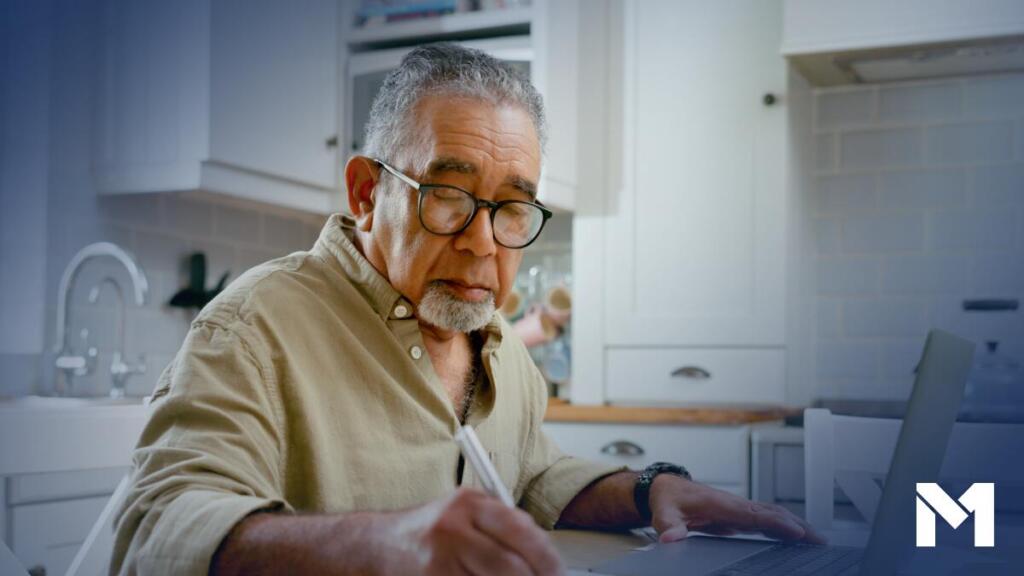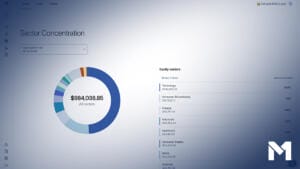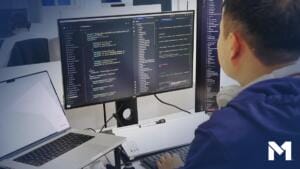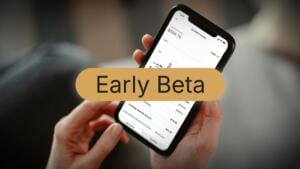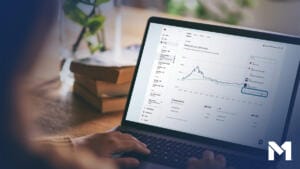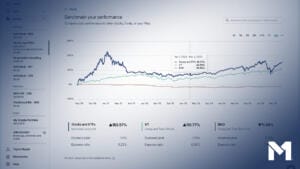-
How I Taught Over 500 Everyday Americans the “Buy, Borrow, Die” Strategy on M1
When I wrote my first blog for M1, I shared how discovering the Borrow button completely transformed the way my wife Stella and I think…
-
Our year together
Reflections on the past, present and future of M1 from CEO Brian Barnes This year, 2026, will mark M1’s tenth year in business. Trust me when…
-
Solopreneur Liquidity: Managing Cash Flow with Margin
It’s a problem every businessperson knows: lumpy cash flow. Let’s say you’ve got $18K in receivables landing in 38 days, a contractor who needs a…
-
Introducing Concentration Analysis: Insights to identify your hidden risks
Want to know if your investments are concentrated in the areas you want? Or if your portfolio is sufficiently diversified? M1’s newest feature, Concentration Analysis, can help you find the answers. It’s the latest in our expanded Insights tab, designed to empower…
-
Unlock lower borrowing costs: Borrow for as low as 3.99%
Right now, M1 clients have the opportunity to reduce their margin borrowing costs for the full year ahead. For a limited time, you can secure a 1.66% discount below our standard margin rate for 12 months—and you don’t need to carry a balance to qualify. If you’re eligible for the promotion, simply opt in within the app by January 31, 2026, and the discounted rate is yours if and when you borrow during the promotional period.
-
AI at M1: How the M1 Team Uses Artificial Intelligence Every Day
At M1, AI is a major part of how we plan, build, and safeguard the platform every day. From design and engineering to operations and compliance, teams across M1 have been using AI to move faster and operate at scale. Here’s how four teammates put AI to work.
-
Introducing News Snapshot
Looking for news that actually matters to your long-term vision? News Snapshot has you covered. It’s M1’s latest update to the research tab, designed to…
-
Why M1 Uses Trade Windows
New clients often wonder why M1 uses trade windows. M1’s trade windows are an intentional and core design choice to support long-term, automated, and diversified…
-
M1’s approach to beta testing
At M1, we’re committed to building helpful tools for long-term wealth building. A key part of that process is beta testing—and it helps us to…
-
How M1 Clients Use Benchmarking
Now that performance benchmarking is built into M1, it’s easier than ever to see your portfolio’s performance in context. However, it’s important to make sure…
-
NEW on M1: Custom Performance Benchmarking
The wait is over… M1 just launched a new, powerful performance benchmarking tool to help you evaluate your investment strategy and build confidence in your…
-
Introducing Time-Weighted Rate of Return on M1
Evaluate performance like a pro. It’s finally here! Time-Weighted Rate of Return (TWRR) is now available to help you better understand the performance of your…

PLANNING
M1 Budgeting Basics
What you’ll learn:

INVESTING
M1 Intro to Investing Roadmap
What you’ll learn:

